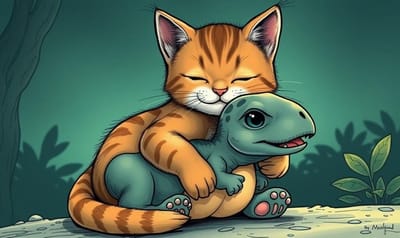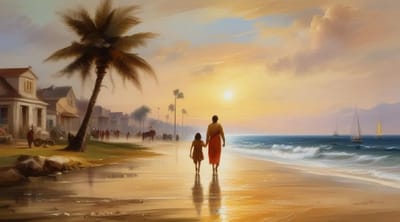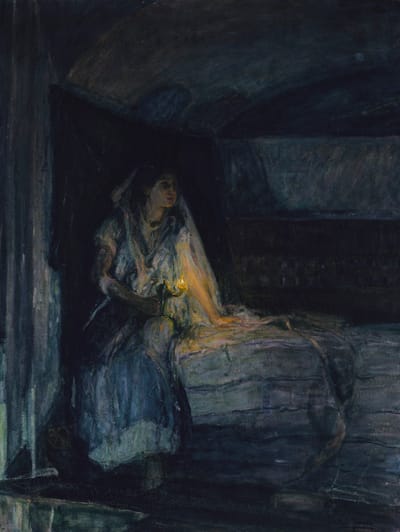Daddy Stories
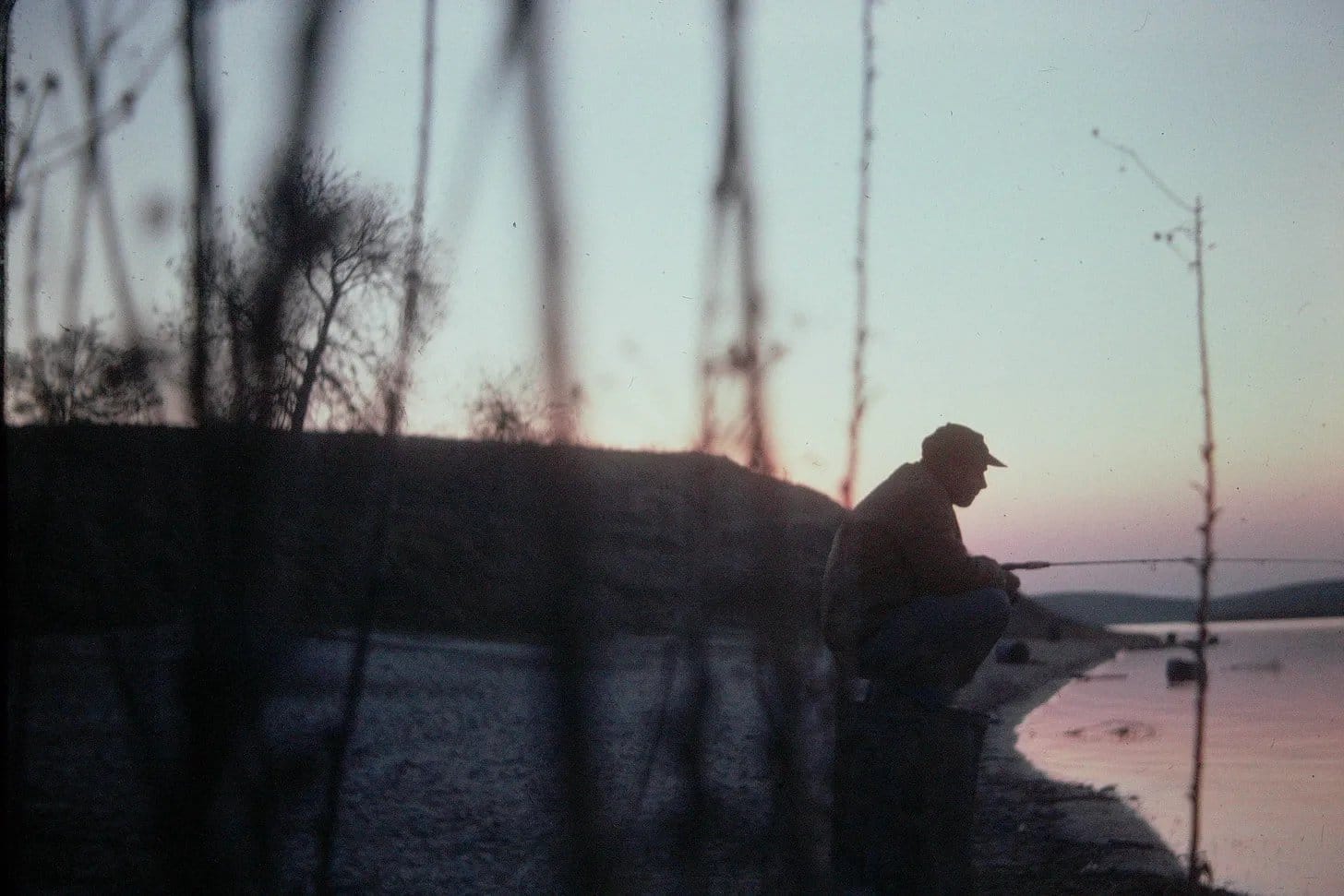
My life is full of my father’s stories. He is a delightful man, and rampant conversation dominator. He doesn’t make it impossible to get a word in edgewise, but you have to try harder because this man has stories. He has travelled the world, seen life, built an empire, and he has a right to talk.
Many of my father’s best stories are of his early experiences in this country. There’s the one about his Greyhound bus journey from New York City to California’s Central Valley. This bus had to have taken at least 100 stops, but I’ve only heard about a couple of them over and over again.
The first is about the departure point, a busy bus terminal in the city where my father was asked by an agent of some kind what he was planning to do in America. He replied, “Farming!” and the attendant looked up and said, “You’ll never get married.” The story is a breath long, but we all erupt laughing because, as a storyteller, my dad knows exactly when to start laughing himself. He also has an unusual Euro-Indian accent, a round animated face, and his eyes get big.
The bus stopped in Lake Tahoe on the (now shitty) side with all the casinos. One of my best friends actually got married in North Lake Tahoe and I had one of the best Thai meals of my life out there. That’s another bus story, one about me flying into Reno and then getting lurched up a mountain and vomiting in possibly the same remaindered Greyhound vehicle my dad rode taken out of bus retirement just for me.
His Lake Tahoe bus story is about when the coach stopped at Harrah’s, the toilet of the casino industry. My dad had never been in a gambling hall before and some folks on the ride gave him on a rundown on how it works. He stuck a nickel in a slot and $5 worth came toppling out. He collected his winnings, purchased two McDonald’s cheeseburgers, “one for now and the other for later,” and promptly returned to the bus as if federal agents were on to him. The “I’m new here” fear left my dad early, but my mom is still this like this despite landing here in 1976. She still clutches her purse and expects to be deported from her neighborhood Vons.
The next bus story happens at the final destination: a motel near Modesto Junior College, a modest institution to which my father wired all of his money from Deutsche Bank so that he could eventually transfer to Cal Poly San Luis Obispo to study agriculture. I have a copy somewhere of the letter he sent to a professor at UC Davis from Germany. He was reading a book in a library out there and saw that it was written by a teacher at Davis. My dad wrote to him, expressing a desire to transfer there. “If I am sitting here reading this book by a professor in Kalifornia, what am I doing here in Germany!”
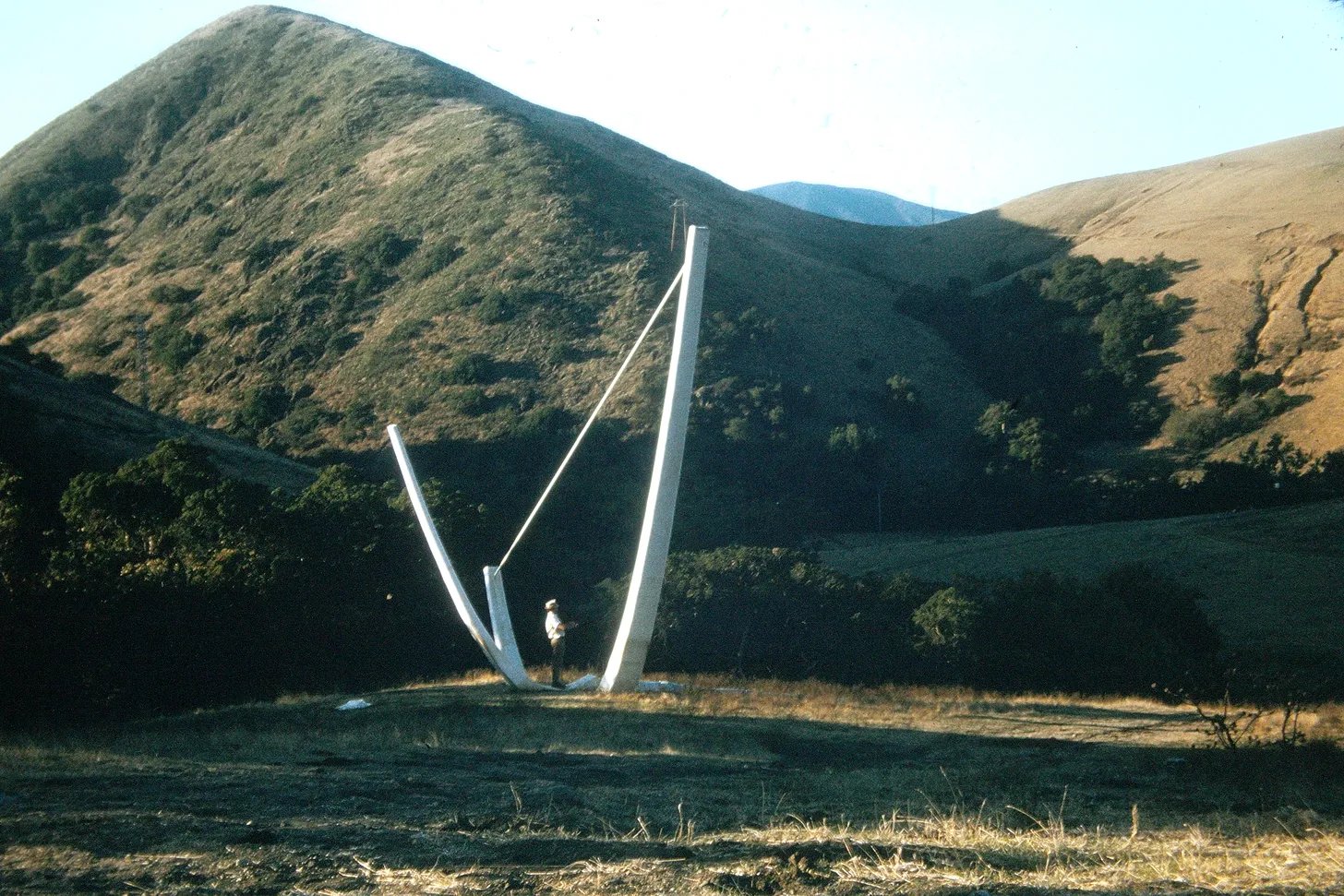
The professor responded (!) and advised my father to transfer to a community college first since it would be cheaper and then devise a plan from there. And that’s exactly what my dad did! Mind you, I won’t even take someone’s suggestion on what to eat for lunch. That’s how distrustful and stupid we have become. I feel bad saying that I might not have believed this story had I not read the letter. I do hope to God I can find it in the boxes of heirlooms I’ve pilfered from my parents’ house over the years so I can share it here. So much chutzpah.
Anyway, the story! So my dad arrived to wherever he was staying in Modesto pretty late and there was nothing to eat. So he bought two bags of Planters peanuts from a vending machine, popped a few quarters in the shower (“the shampoo was still on my head!”), and enjoyed his moongphali dinner. That’s how you say peanuts in Hindi. Another Daddy Story hallmark is that keywords are usually in the mother tongue. Lot of hand gestures too.
Sometimes these stories get emotional. One of my father’s oldest friends from that time was Saini Uncle, a boisterous Punjabi man who owned a chicken feed and fertilizer company in Turlock. He was one of those early South Asian community-builders who sought to connect transplants like my dad so they could find belonging.
Within a week of my father arriving, Saini (what we called him for short) found out that “some Indian guy was staying in a motel.” So he knocked on the door, my dad answered, and Saini grabbed his suitcases and took him to his house for a few days to stay with his family. He then arranged for my father to stay in a dormitory and helped him navigate the transfer process to Cal Poly San Luis Obispo. My dad taught Saini’s son how to fish and drive, and Saini and his wife even came to my sister’s wedding a few years ago.
Saini was a mythical figure to us growing up. My father never talked about few people with such reverence. I imagine it’s how he looked up to his own brothers in India who he not only left behind in place, but in time. My father’s older brothers were in their teens by the time the British were forced out of India. They were politically active and resentful at what had happened before their eyes, and refused to learn English.
My father was just a baby in the late 1940s and, like my mother, benefitted from a country recently freed with some liberatory vestiges of western society. Unscathed by partition, he had a drive to assimilate and wanted to be an entrepreneur.
When my father would receive letters from home in fragile envelopes from Varanasi and Dhanbad, it would wreck him for days and he would recede into the trees of our backyard with his wine, contemplating whether it was selfish of him to leave and build a life of dreams, or whether he should have stayed so each and every one of his family members could have died in his arms.
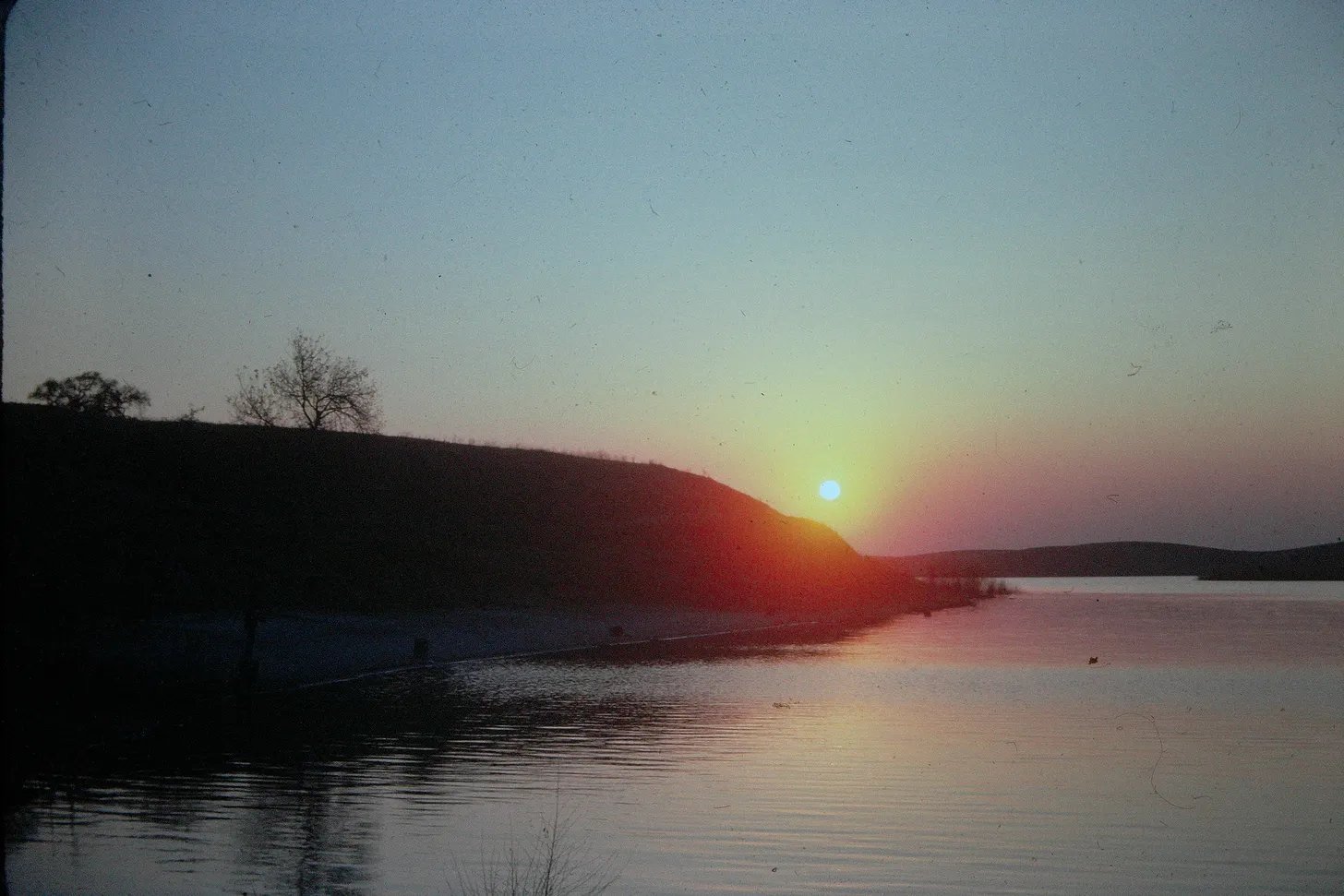
Once during a fight I had with my father over what I perceived to be his stubbornness over something family business-related. I shouted at him about his inability to understand my conundrum of wanting to be free, to have the agency to make decisions on my own without having to worry about him all of the time. After all, he had left his parents and never shouldered that tension. My mother and I talked on the phone later and she shared with me how hurt he was by what I said, not because of my insolence, but because it reminded him of how unlucky he was to have had to leave his family to do what he wanted. There are a few moments I feel I can never forgive myself for, and this is one of them.
Saini was my father’s elder and the only man I saw him be childlike around. He visited every few years when we were growing up and once, when my sister and I were both in high school, Saini reached into my dad’s pocket after dinner and tossed his pack of cigarettes in a bush in the parking lot of a BJs. They then proceeded to drink hard liquor and laugh it up together into the wee hours. Ram Saini passed away in 2020 of COVID and it affected my father profoundly, the loss of this surrogate brother, mother, and father, a big huggable caregiver who showed him kindness and love when the real lonely business of life was just starting.
“Sometimes I think about my life and wonder, How did I do it?”
My dad always says this, and I don’t take these moments for granted. How lucky would we be to have this question? I see my parents at least once a week and I consider it a failing of mine that I don’t see them at least two or three times given how close they are to me. It’s a tricky game because I truly am afraid of how much I love them. I live on a line segment, both endpoints of which are grief, one anticipatory and the other destined to be a shock no matter what.
My parents could live to be 100, the very Gods could emerge from the cosmic ocean to guarantee me their peaceful passage, yet I will still be stunned when they are gone, in disbelief that they have left me.
So yeah, my parents talk a lot. Both of them. I haven’t even started with my mother’s stories, which make me even more emotional because of how relatable they are for me as a woman. I hope their voices fill my brain until I am gone and I hope that I, too, live for a long while so that I can hear them over and over again talk about the peanuts and the slot machines, the cheeseburgers and the American Dream.
No spam, no sharing to third party. Only you and me.


